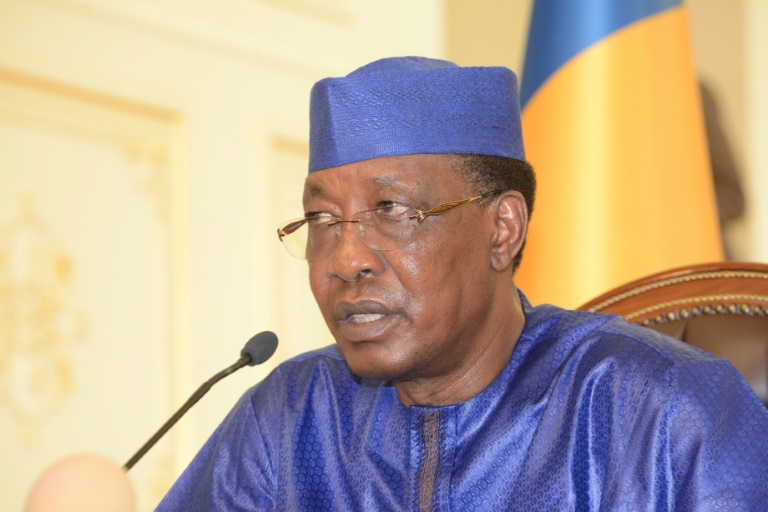
The political landscape of Africa has been shaped by various leaders who left indelible marks on their countries' histories.
Unfortunately, some of these leaders' tenures were cut short by untimely deaths while in office.
This article highlights notable African presidents who died while serving their nations, examining their contributions and the impact of their sudden departures.
Pulse.com.gh lists the African Presidents who died in office.
- John Atta Mills (Ghana)
John Atta Mills, the third President of Ghana, served from 2009 until his untimely death in 2012.
Mills, a law professor and former Vice President, focused on economic development, social welfare programs, and anti-corruption measures during his presidency.
His death from an illness was a shock to the nation, prompting a smooth transition of power to then-Vice President John Mahama, showcasing Ghana's democratic resilience.
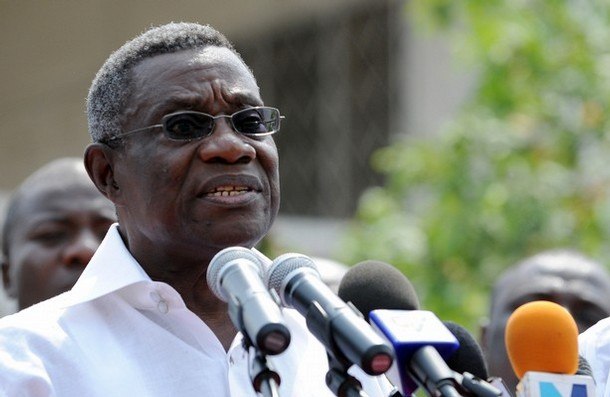
- Hage Geingob (Namibia)
Hage Geingob, a pivotal figure in Namibia’s politics and its third president since independence, passed away at the age of 82.
His leadership was marked by efforts to strengthen democracy, promote economic development, and advocate for inclusivity in governance.
Geingob's tenure saw Namibia navigate the challenges of modernization and globalization, striving to maintain stability and growth in a rapidly changing world.
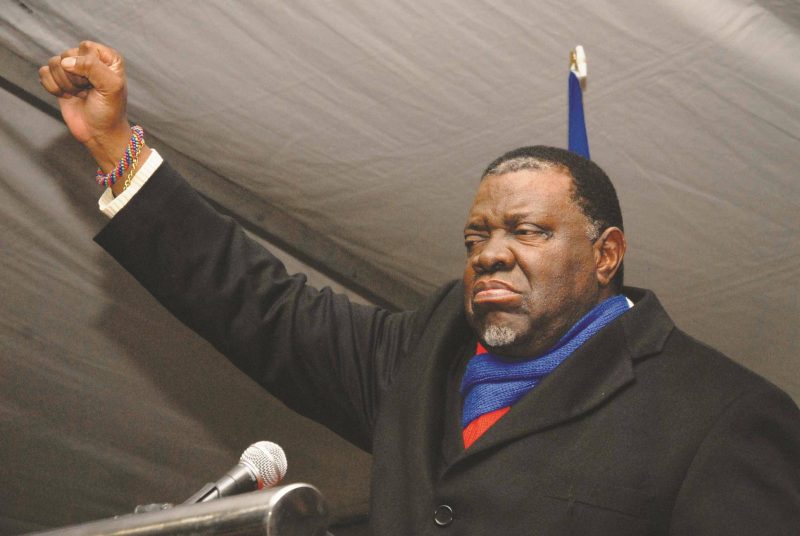
- Félix Houphouët-Boigny (Ivory Coast)
Félix Houphouët-Boigny was the first President of Ivory Coast, serving from its independence in 1960 until his death in 1993.
Known for his pro-French stance and efforts to maintain stability and economic growth, Houphouët-Boigny was a prominent figure in West African politics.
His death after 33 years in power marked the end of an era, leading to significant political changes and challenges in the Ivory Coast.
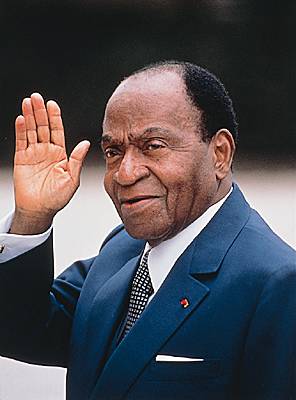
- John Magufuli (Tanzania)
Known for his no-nonsense approach and efforts to curb corruption, John Magufuli died from heart complications.
His presidency was a blend of praised efficiency and criticized suppression of dissent, leaving a mixed legacy.
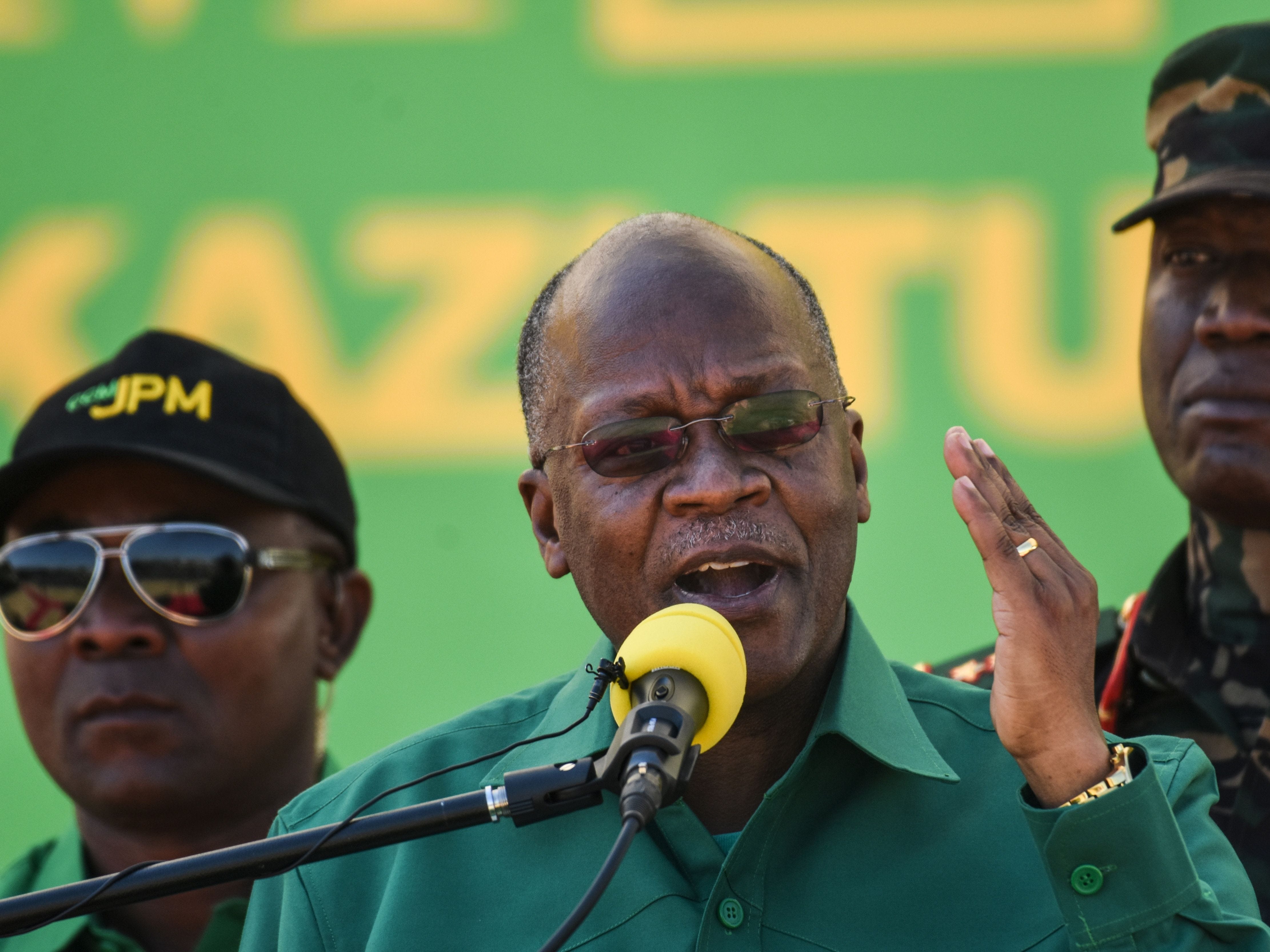
- Samora Machel (Mozambique)
Samora Machel, the first President of Mozambique, led the country to independence from Portuguese colonial rule in 1975.
As a founding member of the Mozambique Liberation Front (FRELIMO), Machel was instrumental in the anti-colonial struggle and later in shaping the socialist-oriented policies of the newly independent state.
His presidency was characterized by efforts to improve healthcare, education, and infrastructure, despite ongoing challenges such as civil war.
Machel died in a plane crash in 1986 under mysterious circumstances, a tragedy that raised numerous questions and suspicions of external involvement.
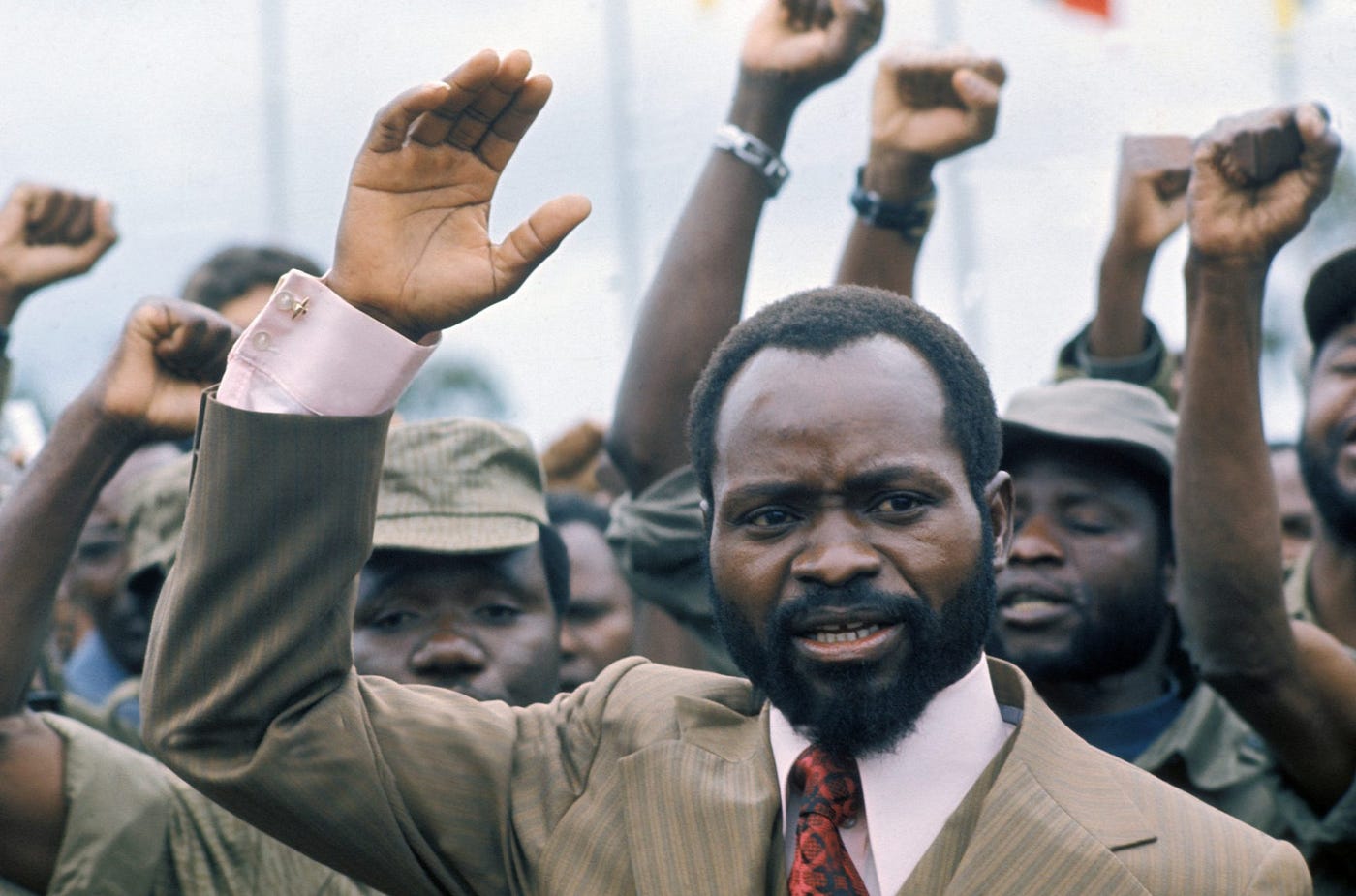
- Muammar Gaddafi (Libya)
Muammar Gaddafi, the controversial leader of Libya, ruled the country for over four decades following a coup in 1969.
His reign was marked by authoritarian rule, widespread human rights abuses, and significant oil wealth.
In 2011, amid the Arab Spring uprisings, Gaddafi was killed during a civil conflict, ending his prolonged and tumultuous rule.
His death led to significant political instability and ongoing conflict in Libya.
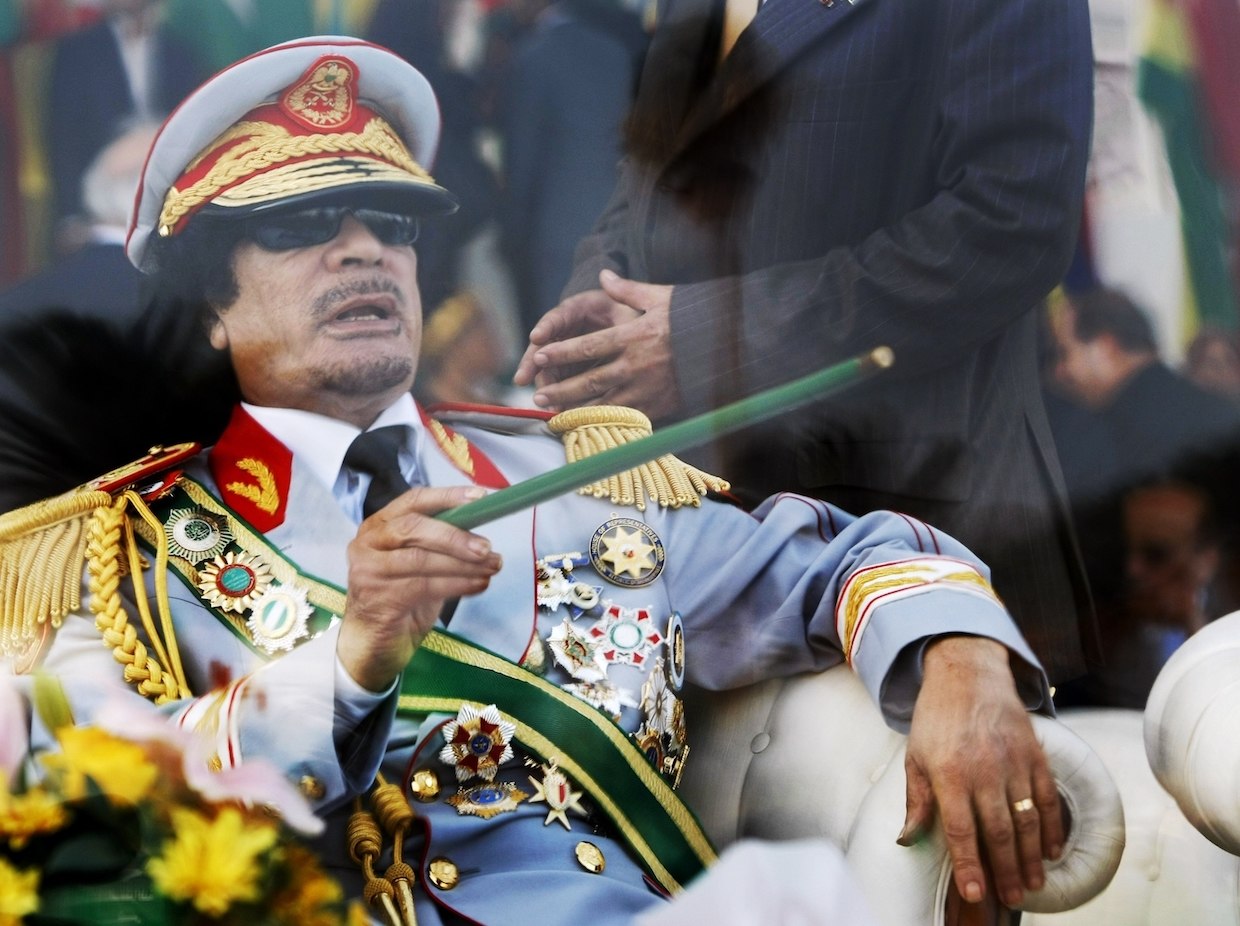
- Pierre Nkurunziza (Burundi)
Pierre Nkurunziza, the President of Burundi from 2005 until his death in 2020, was a former rebel leader who became a significant figure in Burundian politics.
His presidency was marked by efforts to rebuild the country after a brutal civil war, though his controversial third-term bid in 2015 led to widespread unrest and violence.
Nkurunziza's sudden death due to a heart attack came just as he was preparing to step down, leaving a mixed legacy of development and discord.
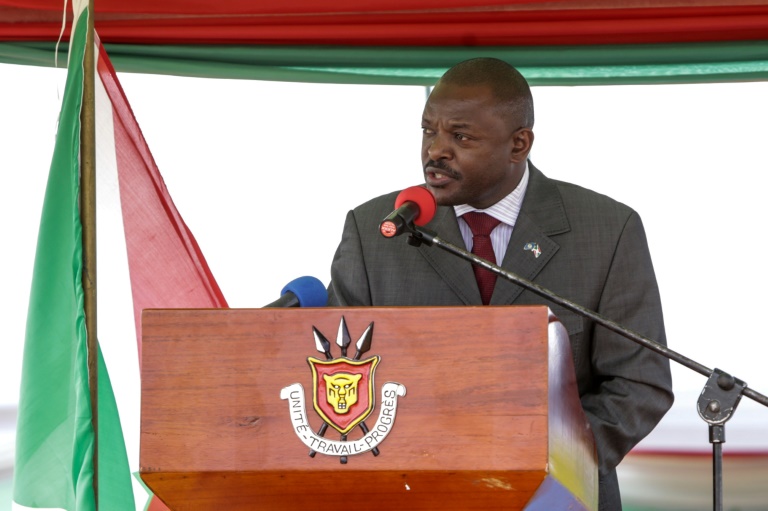
- Levy Mwanawasa (Zambia)
Levy Mwanawasa succumbed to a stroke in a French military hospital.
His presidency was notable for its anti-corruption measures and economic development, despite health challenges.
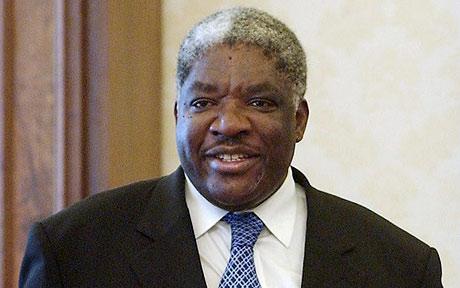
- João Bernardo Vieira (Guinea-Bissau)
Assassinated during a period of political instability, João Bernardo Vieira’s leadership was part of Guinea-Bissau’s ongoing struggle with coups and conflicts.
These leaders, each leaving an indelible mark on their nations, faced unique challenges and achievements.
From striving for peace and democracy to grappling with controversies and governance issues, their tenures reflect the complex nature of political leadership in Africa and the enduring impact of their legacies on national and regional development.
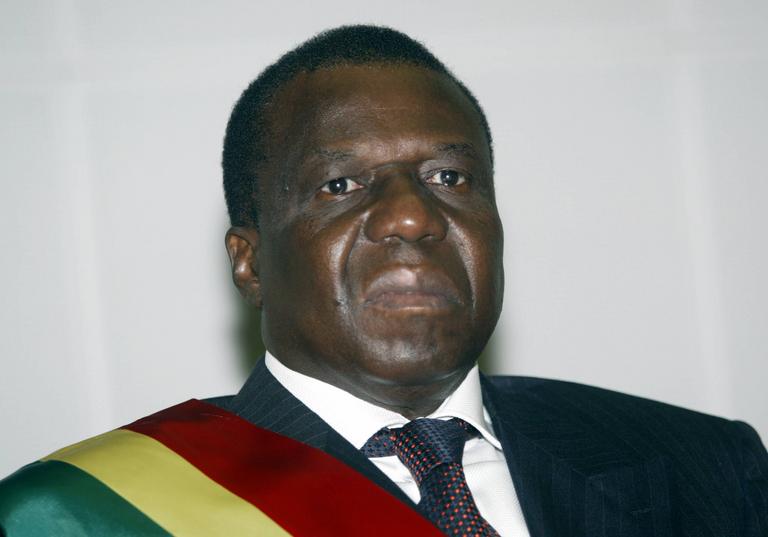
- Michael Sata (Zambia)
Michael Sata, affectionately nicknamed King Cobra for his sharp rhetoric, died while receiving medical treatment in the United Kingdom.
He focused on infrastructure development and sought to improve the livelihood of ordinary Zambians.
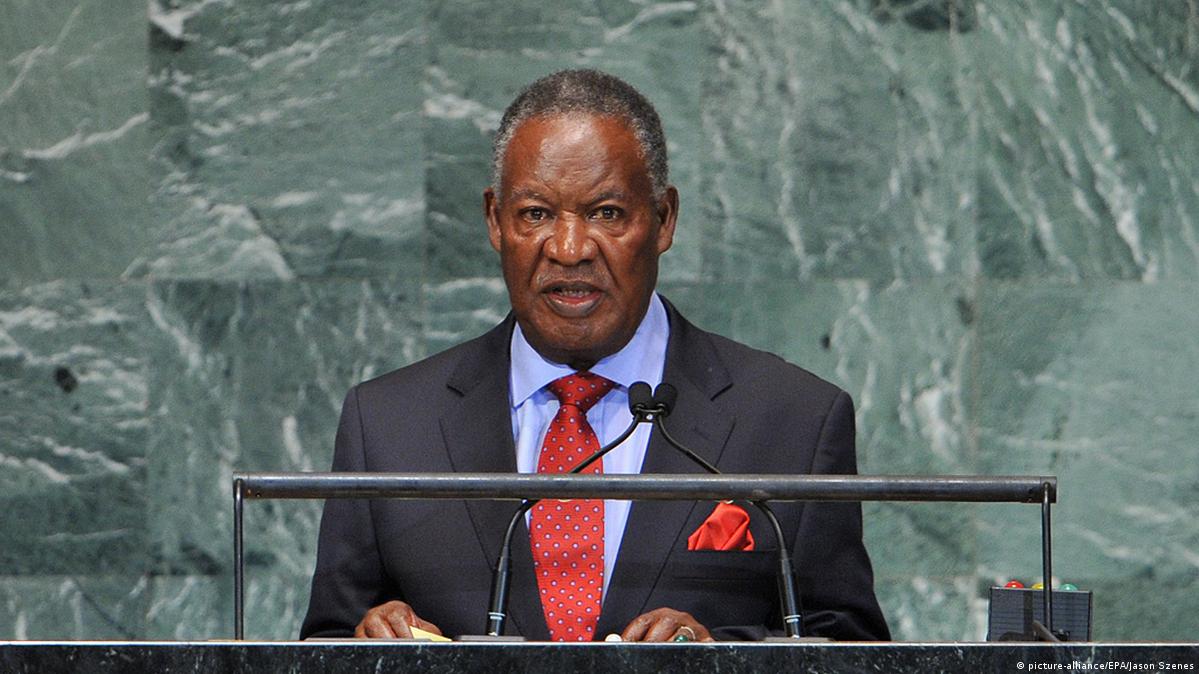
- Umaru Musa Yar’Adua (Nigeria)
The death of Umaru Musa Yar’Adua, after a prolonged illness, led to a constitutional crisis, eventually resolved by his vice president's assumption of office.
His term saw efforts to tackle corruption and mitigate the Niger Delta conflict.
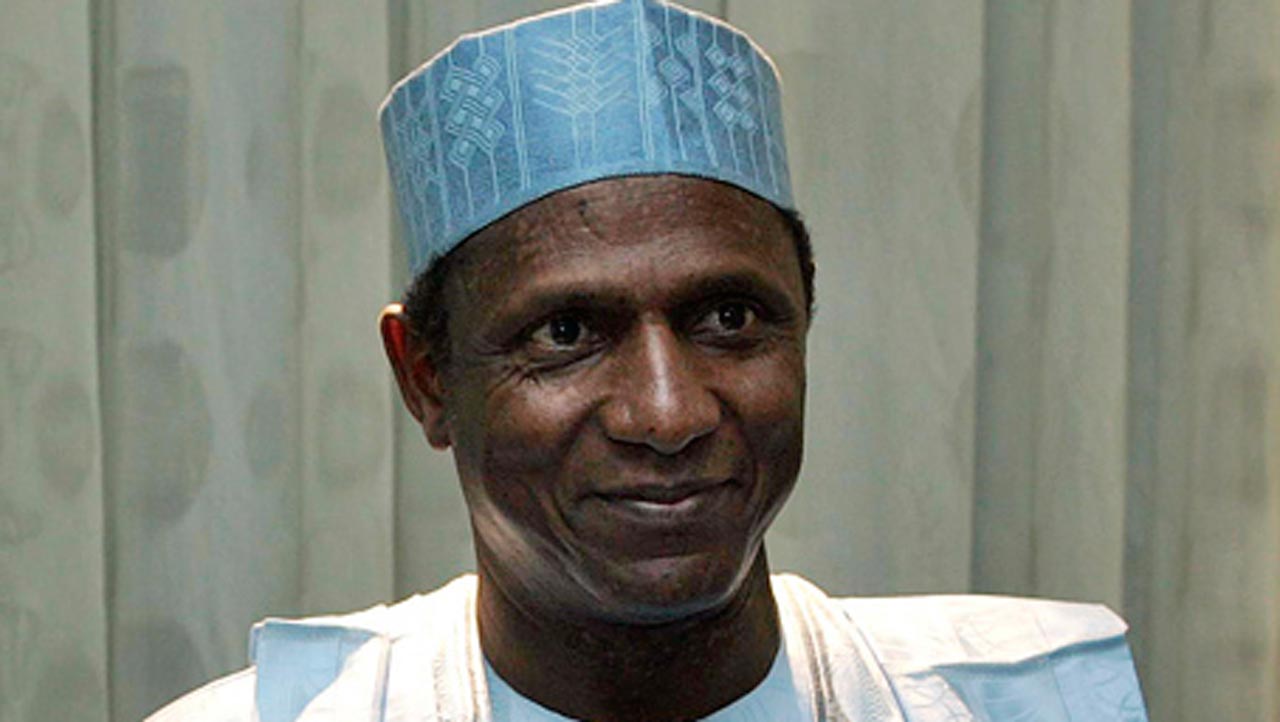
Gnassingbé Eyadéma (Togo)
At the time of his death, Gnassingbé Eyadéma was Africa’s longest-serving ruler, dying during an emergency medical evacuation.
His demise led to a political crisis and the eventual installation of his son as president.
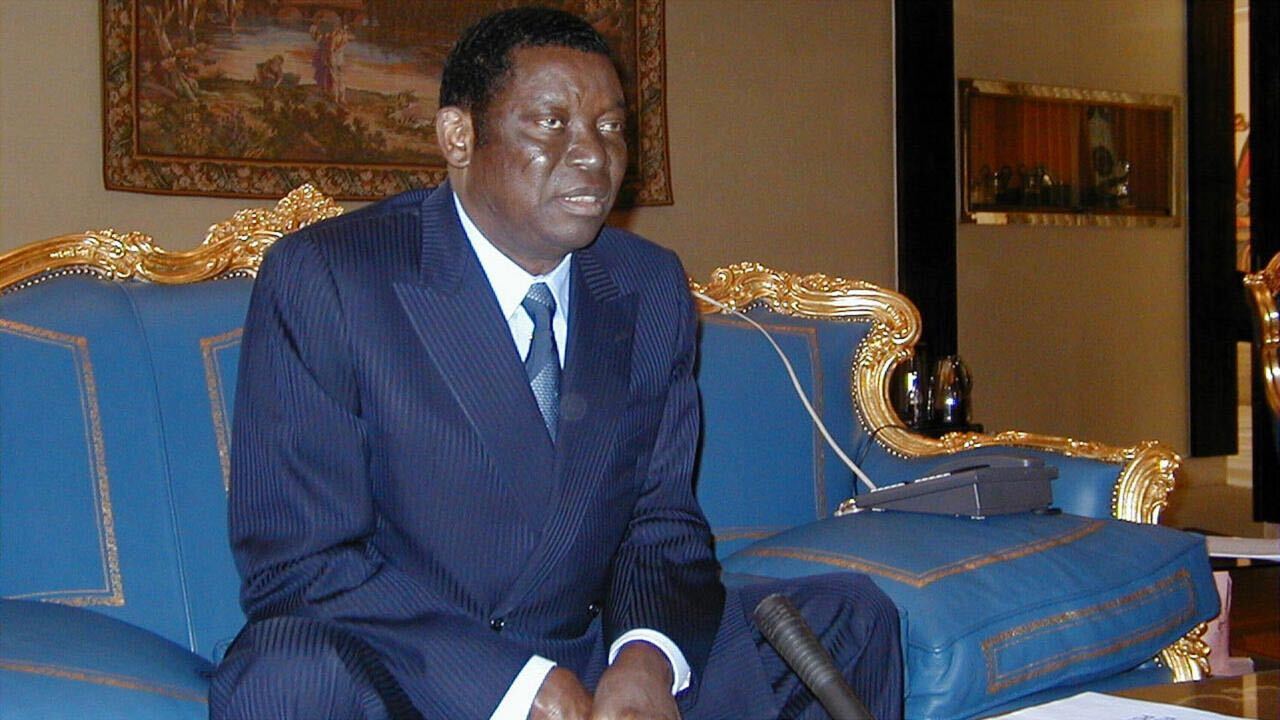
- John Garang (Sudan)
A key figure in Sudanese history, John Garang died in a helicopter crash weeks after being appointed First Vice President, a role expected to guide the country towards peace.
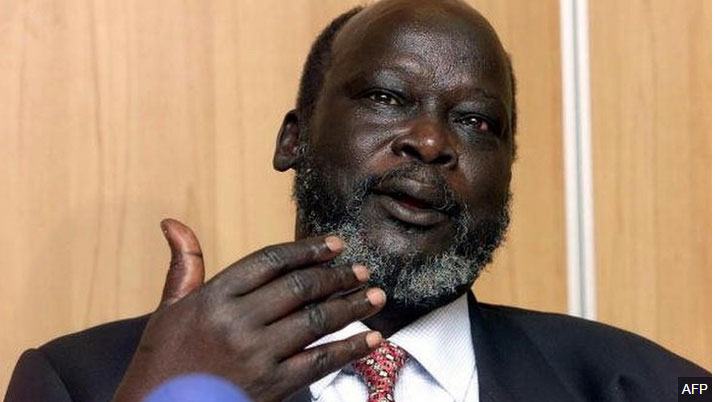
- Lansana Conté (Guinea)
After coming to power in a coup, Lansana Conté died following a long illness. His rule was marked by authoritarian governance and economic difficulties.
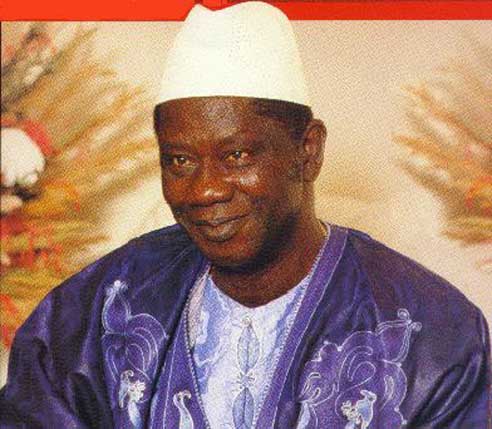
- Sani Abacha (Nigeria)
On Monday, June 8, 1998, Abacha died in the Aso Rock Presidential Villa in Abuja.
He was buried on the same day according to Muslim tradition and without an autopsy, fueling speculation that he may have been assassinated.
The government identified the cause of death as a sudden heart attack.
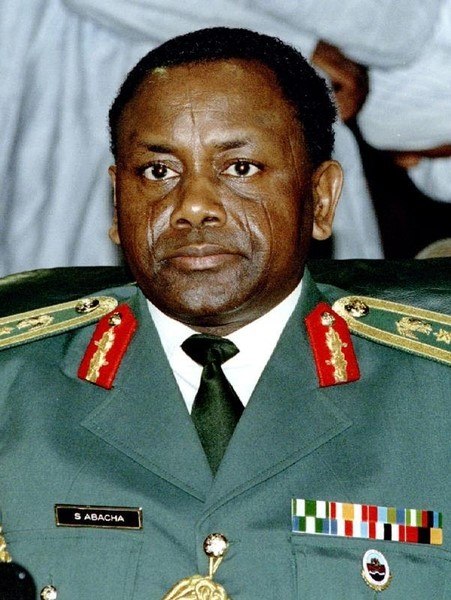
- Idriss Déby (Chad)
Idriss Déby died of his injuries following clashes with rebels in the north of the country.
The exact circumstances of his death were not immediately clear but the army said the president had been commanding his army as it battled rebels who had launched a major incursion into the north of the country on election day on April 11, 2021.


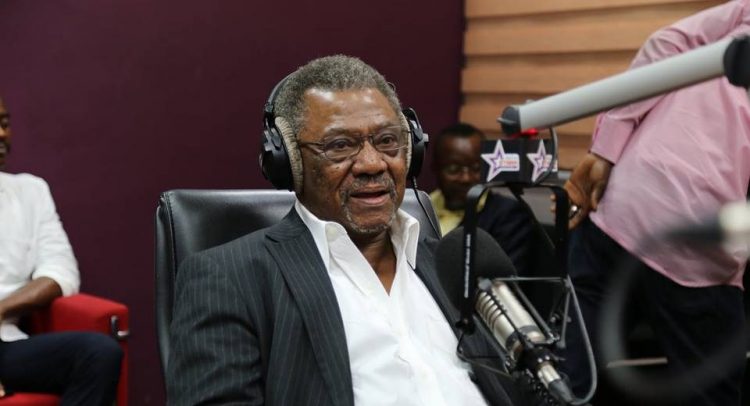



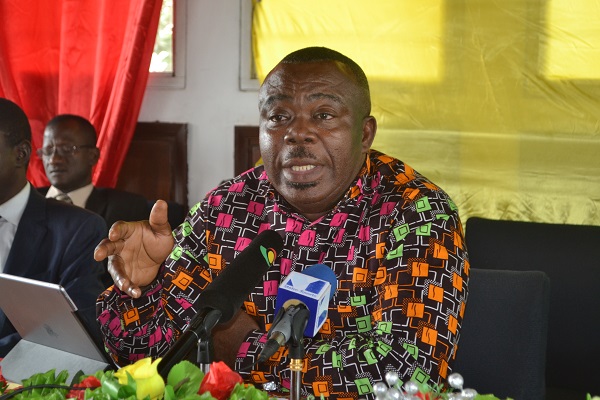
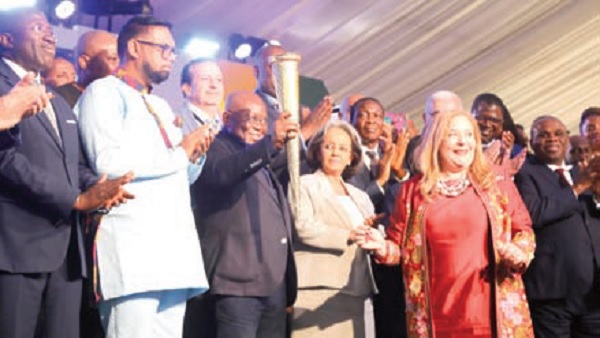


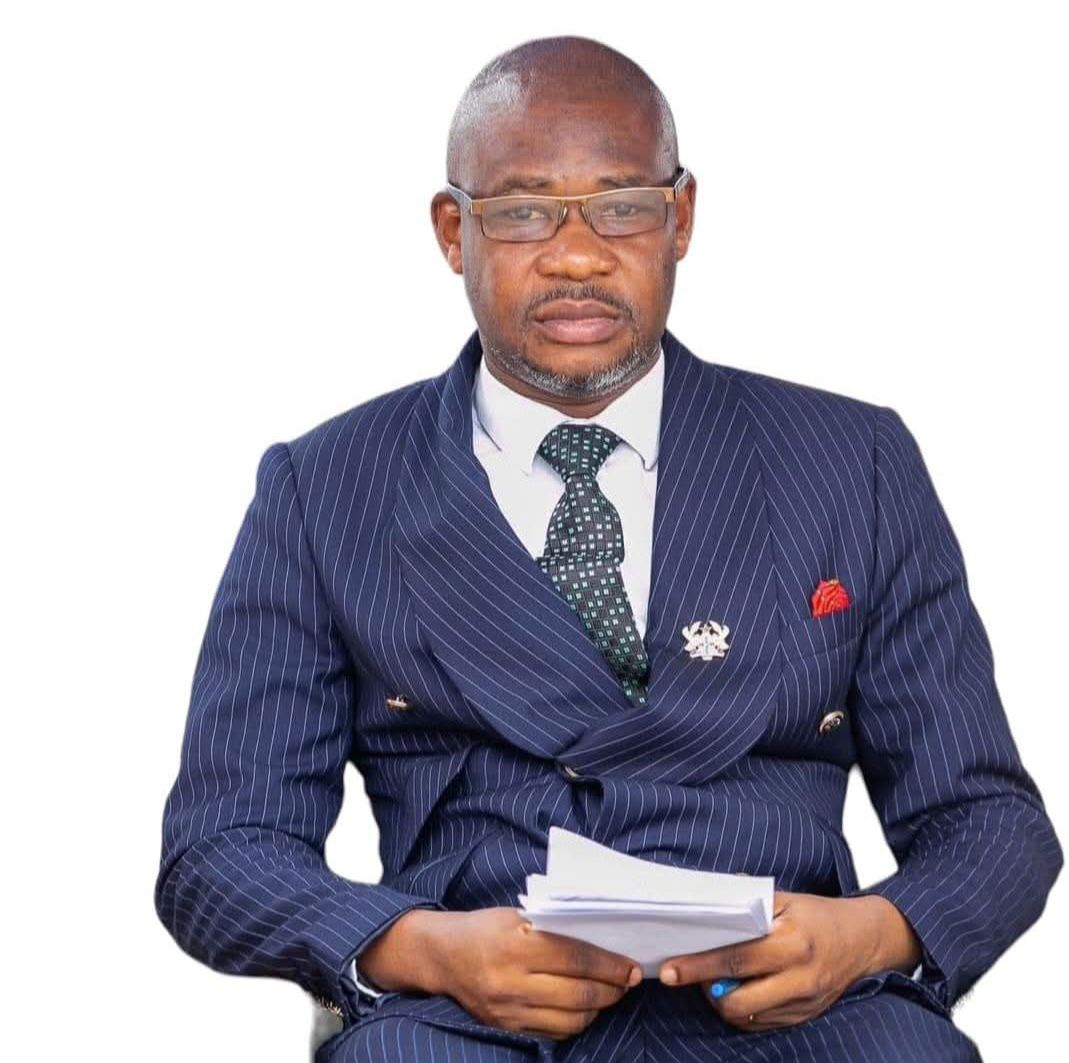
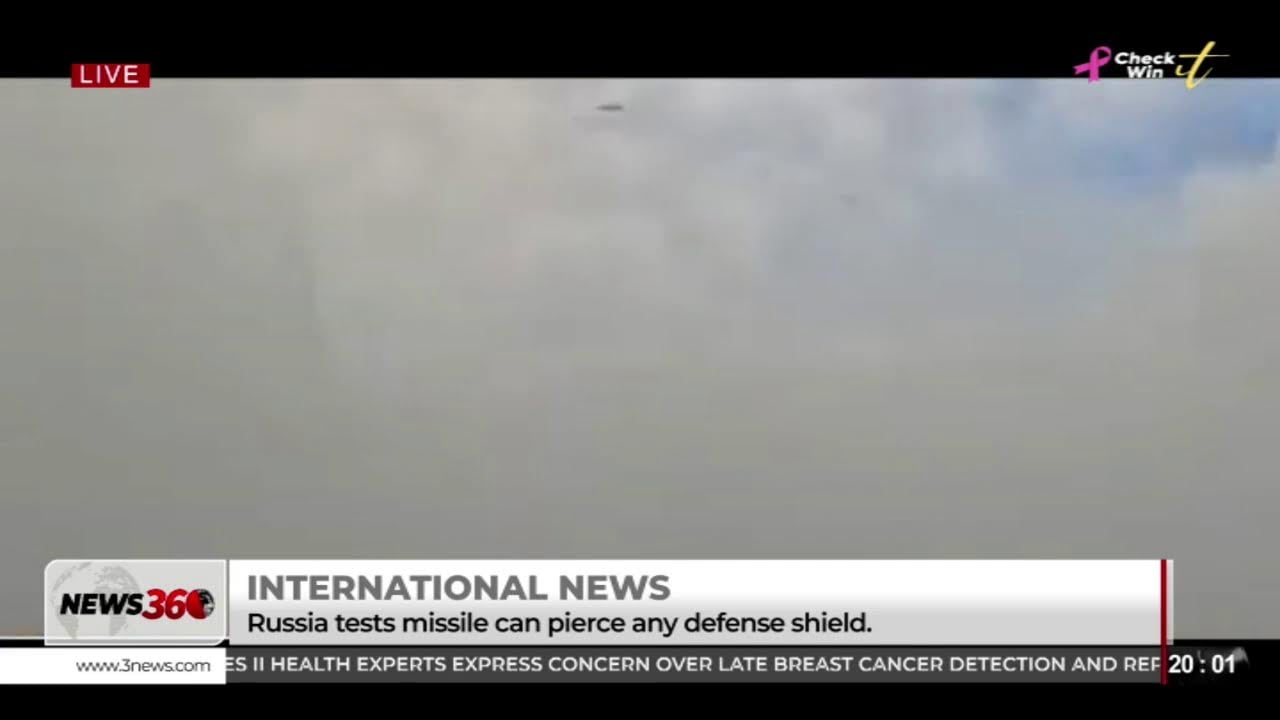
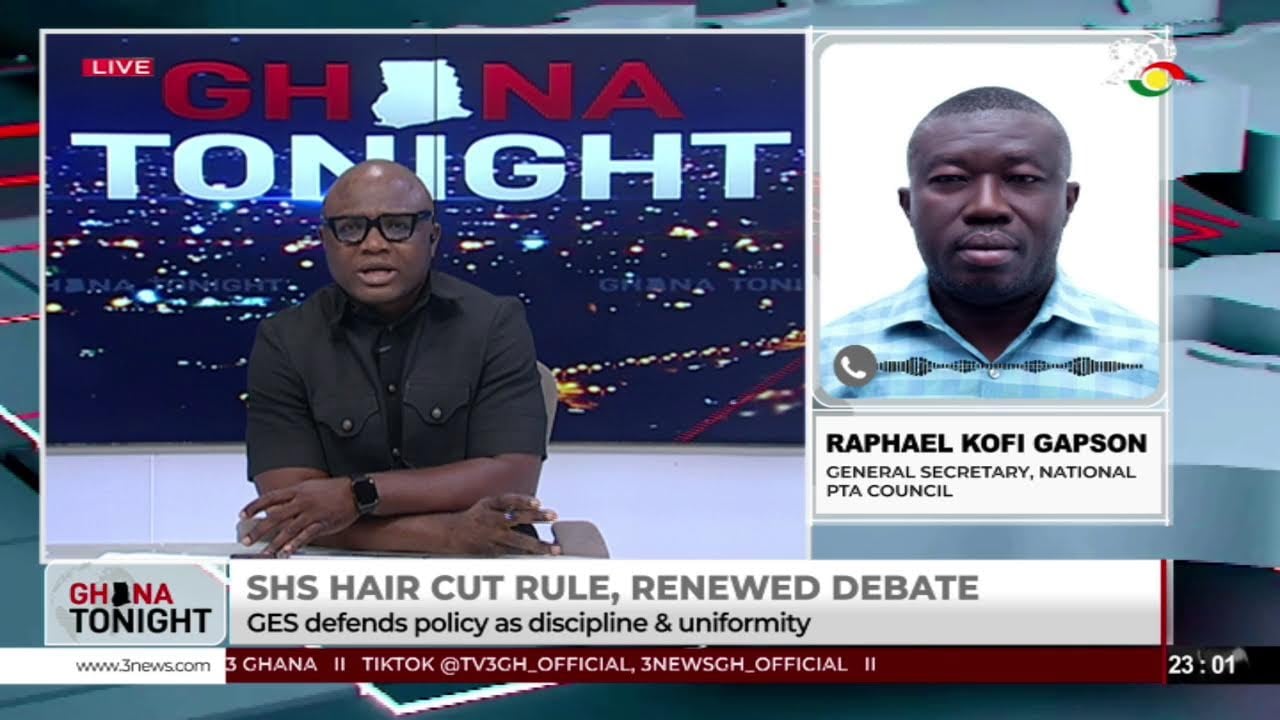


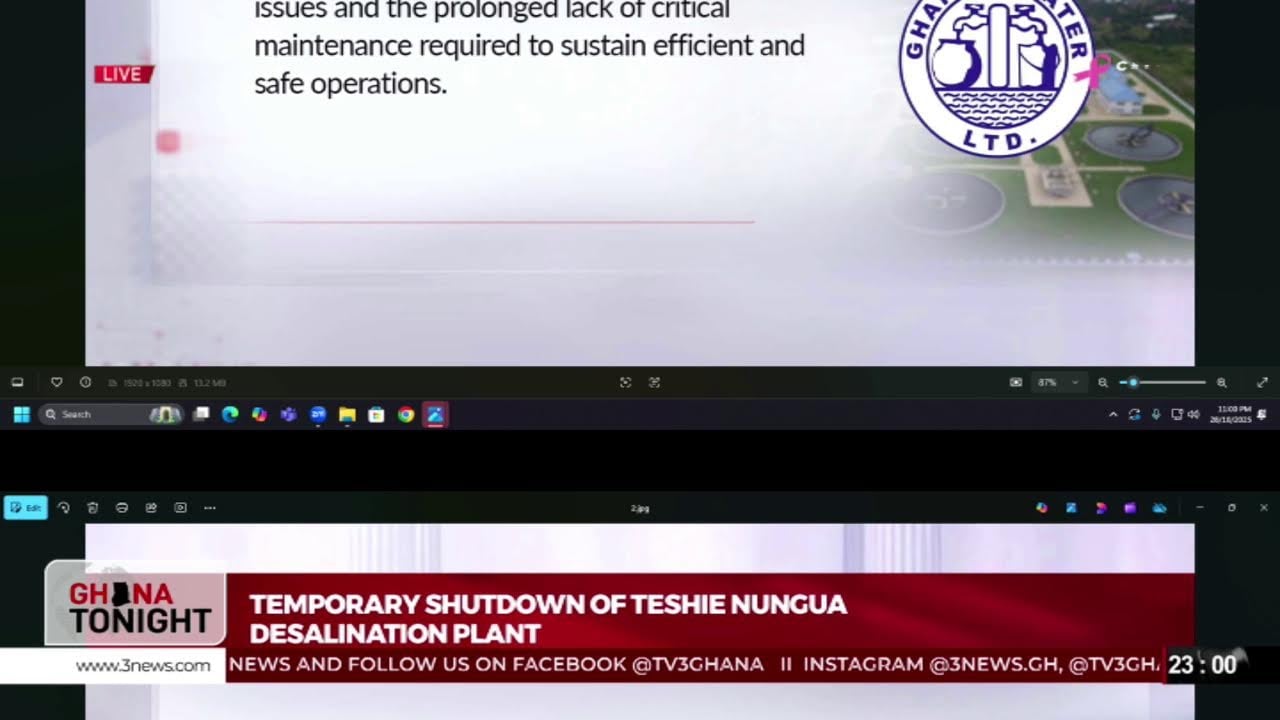
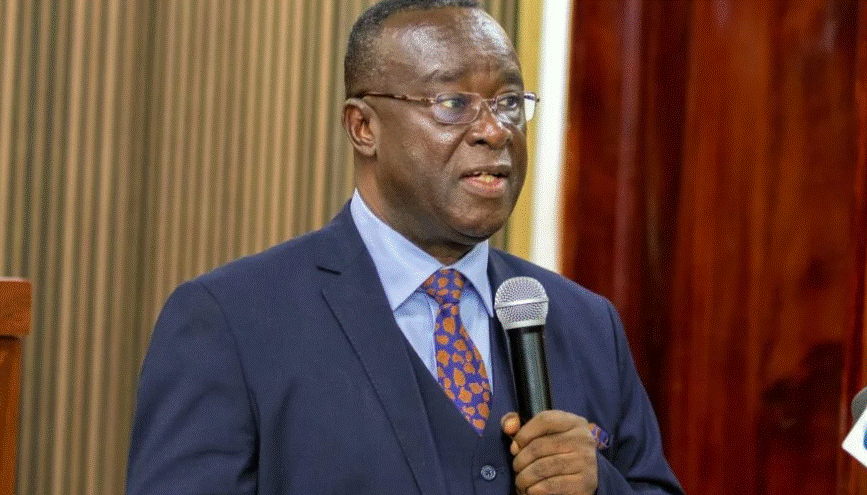

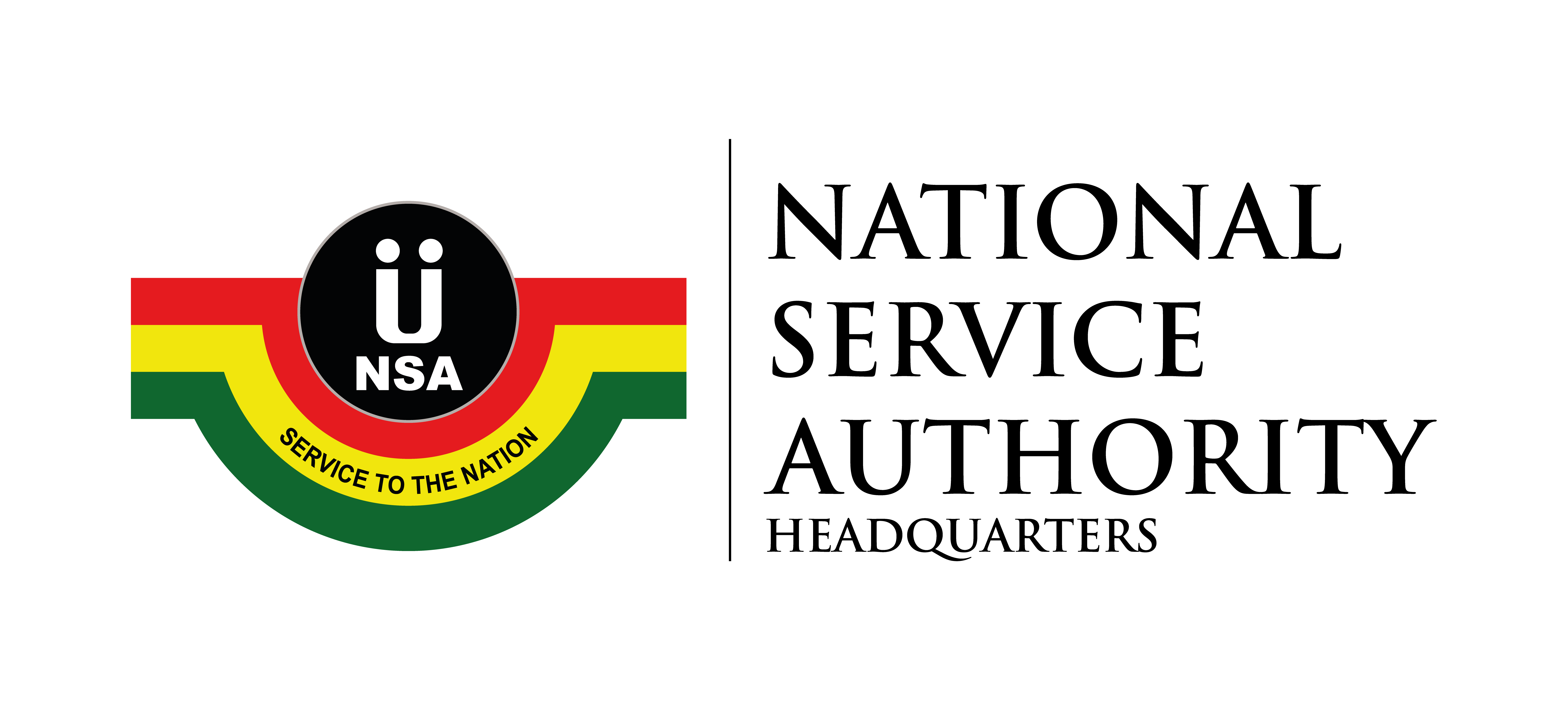

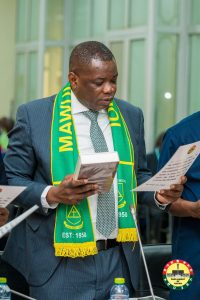




Facebook
Twitter
Pinterest
Instagram
Google+
YouTube
LinkedIn
RSS